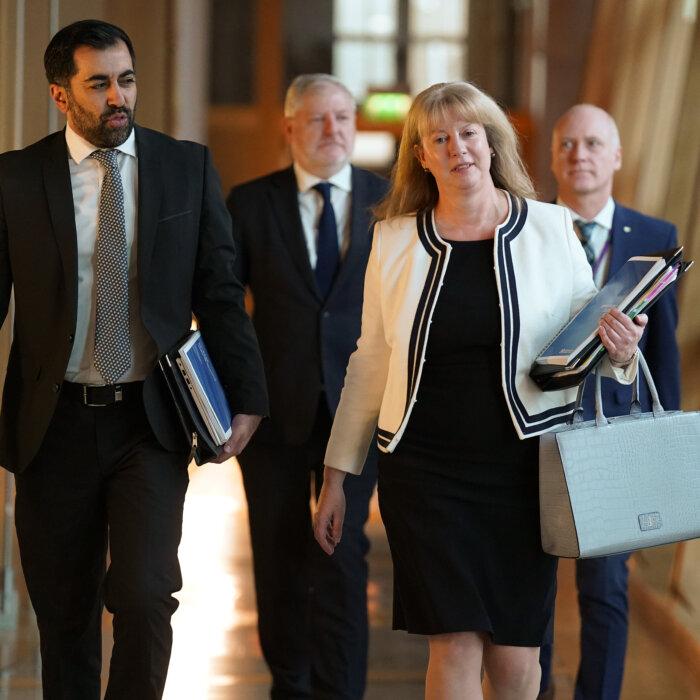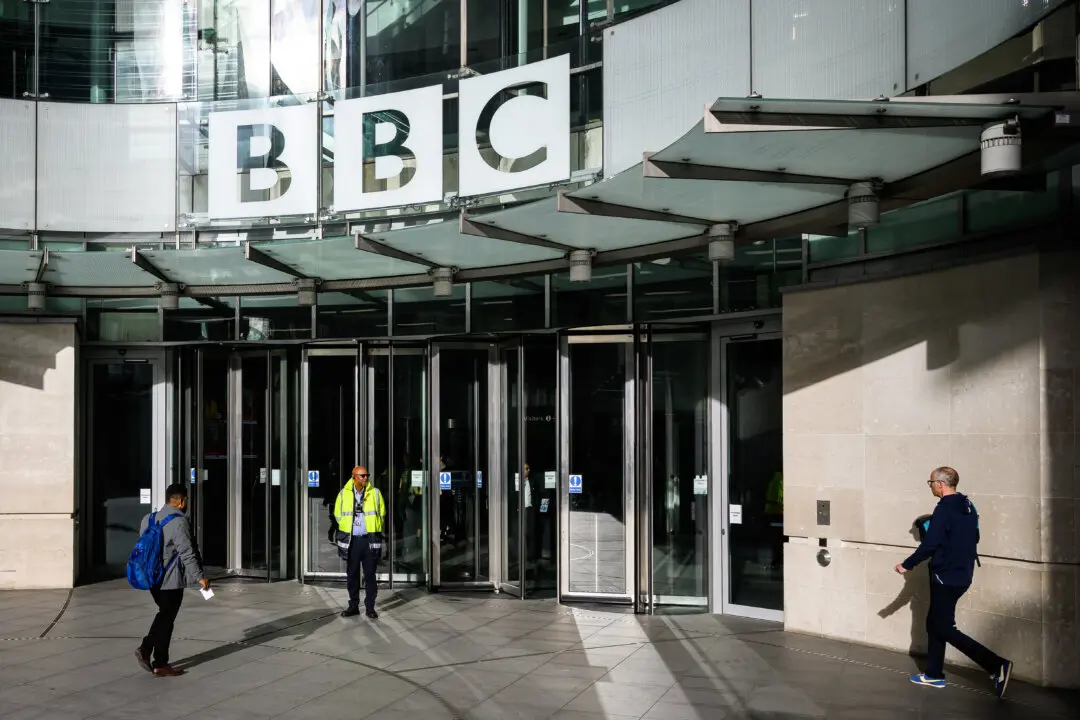The fight over whether the legal definition of a woman includes trans-identified men with a gender recognition certificate will go to the UK Supreme Court—the highest in the land—after a campaign group won the right to appeal a ruling by the Scottish government.
Following a judicial review, the court will hear a request brought by For Women Scotland (FWS), who argue there are “strong grounds” for the challenge, which will almost certainly overturn contentious Holyrood legislation if successful.
FWS, founded in 2018 to protect women’s rights, said on its crowdfunding page that the existing legislation, as set out in the Gender Representation and Public Boards (Scotland) Act of 2018 is at odds with the definition of a woman as set out in the Equality Act of 2010.
They said the inclusion of a man’s chosen “gender identity” alongside the female biological sex means the Equalities Act is “vague and unworkable” for women.
“There needs to be clarity that sex is a biological term and while the UK government recognises this, it is yet to take any remedial action in response to the second judicial review ruling.
Equality Act Was Drafted On The Basis Of Common Law
FWS said they believe the Equality Act was drafted on the basis of the ordinary, common-law understanding of the biological differences between the two sexes.“The protected characteristic of ’sex' in the Equality Act is defined as a reference to a man or a woman, where man means ”a male of any age“ and woman means ”a female of any age“. We think it is quite clear that these are distinct and separate groups and that ”woman“ is not a mixed-sex category.”
However, in a recent, separate judicial review brought by FWS against the Scottish government, the Inner House—part of the Supreme Court of Scotland—took the opposite view and held that the meaning of sex in the Equality Act incorporated the framework of the Gender Recognition Act (GRA) of 2004.
The Scottish court decision found that a person with a Gender Recognition Certificate (GRC) in their chosen gender has the protected characteristic of gender reassignment and that, separately, this gives them the protected characteristic of sex.
This means that trans-identified males with a GRC have presumptive rights to access the single-sex services of their acquired gender, including toilets, changing rooms, prisons and refuges.
Collision Course Between Westminster and Holyrood
The ruling won by FWS also put the Scottish government at odds with Westminster, stating that incorporating transsexuals into the definition of woman impinges on the nature of protected characteristics, which is a matter reserved for the UK government and not devolved to Holyrood.FWS said, “The judges admitted confusion over the concept of a heterosexual male with a GRC declaring himself a lesbian and the profound consequences for lesbians who now have no legal method of excluding such men from membership of their groups.”
The group said it would have been “preferable” if the UK government had taken action to clarify the definition of sex in the Equality Act as a biological term.
With a general election imminent, FWS is concerned any work commissioned by Ms. Badenoch may be shelved after a change of government and a lack of cross-party consensus.
So far, just over £142,000 has been raised out of a target of £200,000, from more than 2,400 donors in just a few days since the crowdfunding was launched.
Last year, SNP ministers vowed to resist any further intervention from Westminster after the UK government blocked Holyrood’s gender recognition reform bill that would have allowed children aged 16 to legally identify as the opposite sex.







